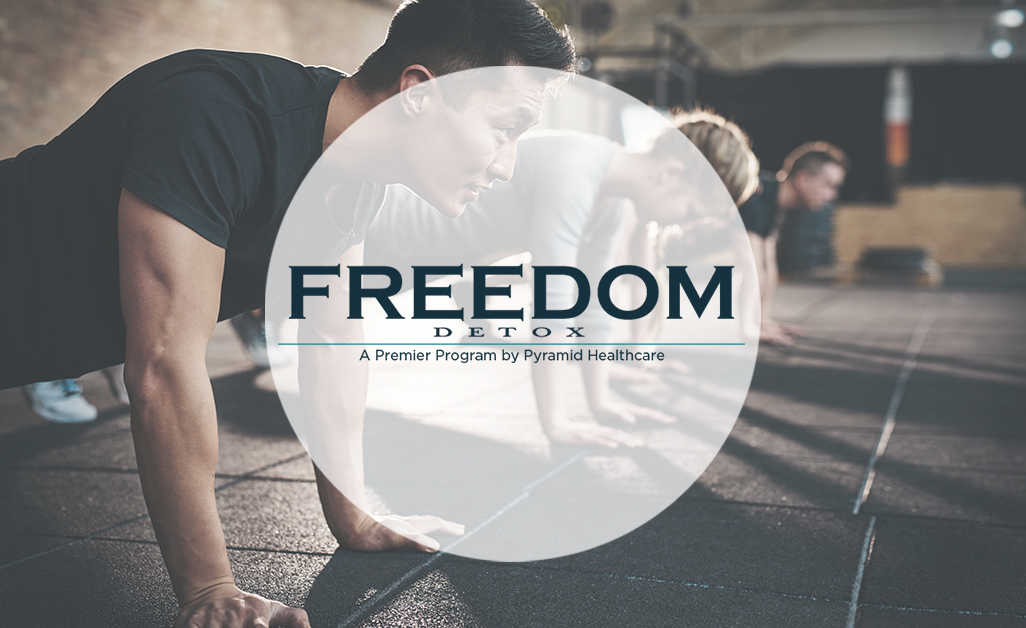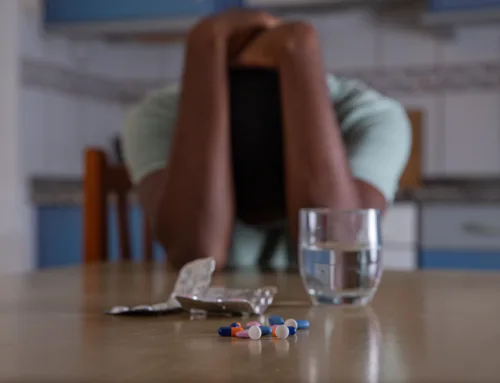The Benefits of Exercise in Addiction Recovery
We all know the physical benefits of exercise – it helps achieve and maintain a healthy weight, reduces the risk of illness and promotes a regular sleep/wake cycle. But what many people forget is that routine exercise also benefits your mental health. This is why an emphasis is put on exercise during recovery. By focusing on a healthy physical body, you will begin to notice the positive ways exercise also impacts your mental state during addiction recovery.
Exercising benefits: mental and physical
The body suffers physically during active addiction. Many people who battle addiction become hyper-focused on substance use and pay less and less attention to their physical health. Exercising in addiction recovery isn’t about losing weight – it’s about promoting a strong body and mind: two essential tools in addiction recovery.
Not to mention, the countless other benefits of exercise:
- Enhancing physical fitness – It is not uncommon for those addicted to drugs or alcohol feel physically ill, with unhealthy eating habits and minimal physical activity. By adding in a workout routine, those in recovery can increase physical fitness and combat the negative effects of substance abuse on the body.
- Increasing good moods –Many times, those struggling with substances experience feelings of guilt or shame, find themselves anxious or depressed and rarely experience happiness, joy or peace. Exercise can help by distracting you from negative feelings, boosting levels of serotonin in the brain and making you feel happier naturally.
- It helps lower restless leg syndrome symptoms – Those who have been taking opiates or opioid medication can suffer from restless leg syndrome during withdrawal. Exercise can help lower the symptoms because exercise “triggers a complex biochemical process that increases blood flow to leg muscles, releases feel-good endorphins that reduce stress and promote sleep, and increases dopamine, which reduces pain.”
- It helps control emotions – During rehab, you will be entering the early stages of recovery. This can be quite challenging and vulnerable. Exercise can aid in controlling emotions by providing a necessary distraction, helping you work through those emotions physically and giving you a safe outlet to process all you are thinking and feeling.
Because exercise has so many proven ways of helping with addiction recovery, many treatment facilities use some form of physical activity in their programs.
Common Types of Exercise in Rehab
Many addiction treatment centers offer alternative therapies in the form of exercise for those recovering from addiction. Not only do these forms of exercise improve the physical condition of your body, but they work in such a way that both mind and body benefit.
Yoga
Yoga is a natural companion to 12-step based recovery programs. Connection of mind and body, peace of spirit and physical improvement are common goals for those who enter drug and alcohol rehab treatment programs. Yoga supports these goals by giving clients tools for positively directing their emotions, promoting a sense of wellbeing and increasing physical and mental relaxation, flexibility and resilience. By using the inhale and exhale of the breath to move through positions of the body, you’ll begin to feel grounded and connected not just during yoga, but during all hours of the day.
Tai Chi
As one of the ancient Chinese martial arts used for self-defense, exercise and meditation, this exercise is highly beneficial. Characterized by the slow, gentle movements of your arms, legs and body, Tai Chi aims to reduce stress and tension while increasing a feeling of serenity. It has been described as “meditation in motion.” Tai Chi is used to supplement drug and alcohol addiction treatment because it helps you reconnect with yourself in a way that is wholesome, beautiful and strengthening.
Ropes courses
A ropes course offers a unique chance to increase more than physical agility. It can help you meet many goals by focusing on achievements and confronting fears. Some of the therapeutic benefits of a ropes course include:
- Positive risk-taking;
- Improved self-confidence;
- Improved leadership skills;
- Overcoming fears;
- Overall increase of personal and team development.
Not only will a ropes course benefit you physically, the challenges will benefit you mentally and boost confidence overall.
Adventure therapy
This includes a variety of fun, safe and challenging activities to enhance personal growth and team building. It’s one of the ways facilities battle alcohol and drug addiction directly through activity-based substance abuse treatment.
Like ropes courses, adventure therapy helps to improve confidence and self-esteem, expand your current – and sometimes limiting – comfort zones, facilitate goal-setting and build and improve trust. It also helps provide personal growth and team development. Adventure therapy gets you outdoors and exploring new, creative ways of exercising and increasing mental wellbeing.
Benefit your mental health with exercise
In addiction recovery, exercise is so much more than focusing on weight loss or physical fitness. It’s about increasing mental health, self-confidence and relaxation. In fact, it’s so crucial to recovery, that many treatment programs, including those offered through Freedom Detox, make sure to incorporate it. To learn more about our addiction recovery programs, contact us at Freedom Detox by calling (704) 850-9946 or visiting our website anytime.





